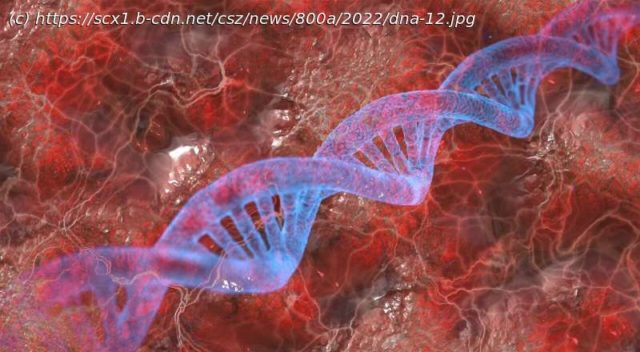Viral DNA in human genomes, embedded there from ancient infections, serves as antivirals that protect human cells against certain present-day viruses, according to new research.
Viral DNA in human genomes, embedded there from ancient infections, serves as antivirals that protect human cells against certain present-day viruses, according to new research.
The paper, „Evolution and Antiviral Activity of a Human Protein of Retroviral Origin,“ published Oct. 28 in Science, provides proof of principle of this effect.
Previous studies have shown that fragments of ancient viral DNA—called endogenous retroviruses—in the genomes of mice, chickens, cats and sheep provide immunity against modern viruses that originate outside the body by blocking them from entering host cells. Though this study was conducted with human cells in culture in the lab, it shows that the antiviral effect of endogenous retroviruses likely also exists for humans.
The research is important because further inquiry could uncover a pool of natural antiviral proteins that lead to treatments without autoimmune side effects. The work reveals the possibility of a genome defense system that has not been characterized, but could be quite extensive.
„The results show that in the human genome, we have a reservoir of proteins that have the potential to block a broad range of viruses,“ said Cedric Feschotte, professor of molecular biology and genetics in the College of Agriculture and Life Sciences. John Frank, Ph.D., a former graduate student in Feschotte’s lab and now a postdoctoral researcher at Yale University, is the study’s first author.
Endogenous retroviruses account for about 8% of the human genome—at least four times the amount of DNA that make up the genes that code for proteins.






